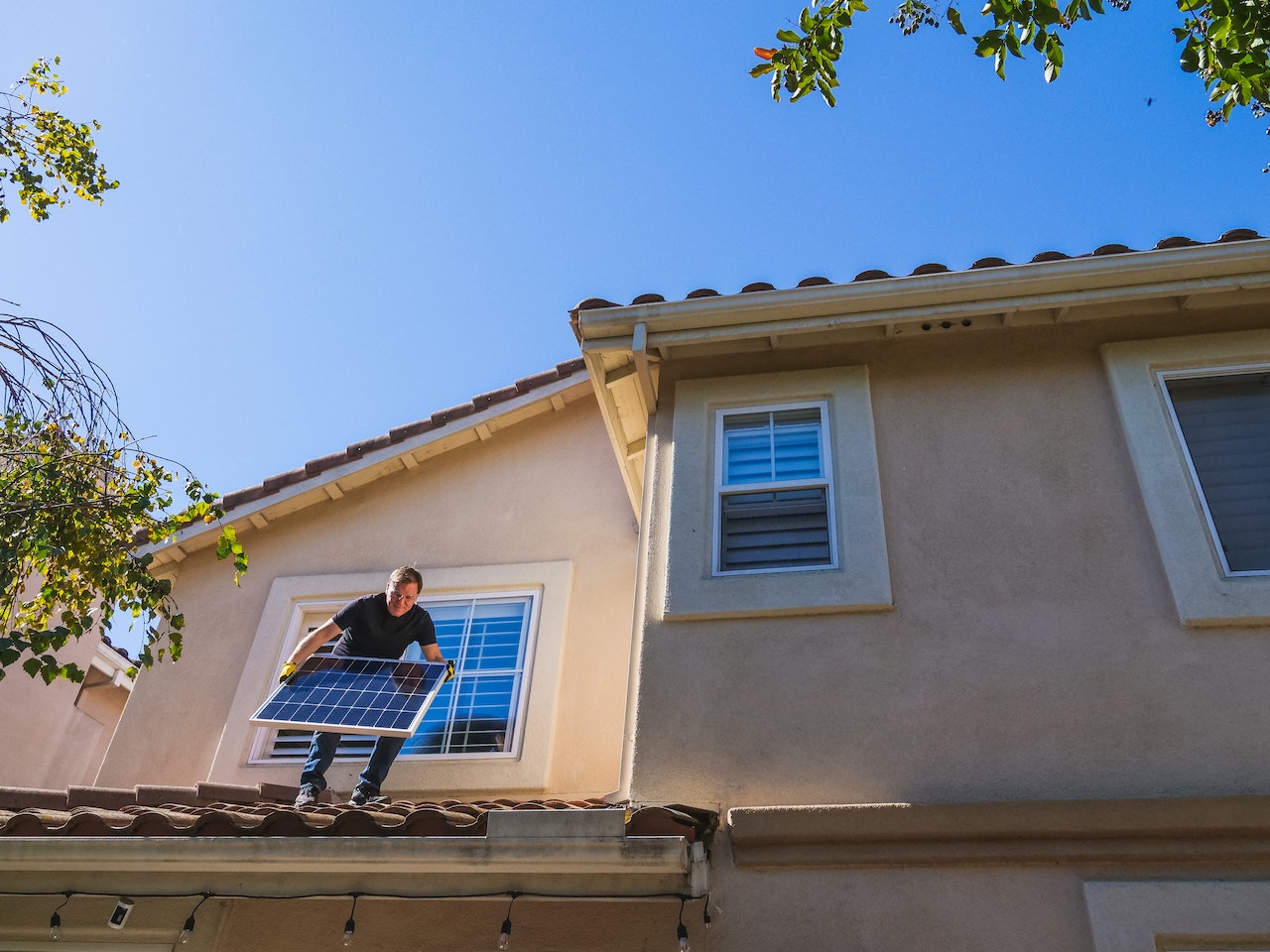Surety Bond Professionals is a family owned and operated bonding agency with over 30 years of experience. With access to a broad range of surety markets, our expert agents are ready to assist with your construction bond needs.
Is Solar Power a Good Investment?
Solar energy is a booming industry. It will continue to grow rapidly as more states require new builds to incorporate solar technology to reduce carbon emissions from power plants using fossil fuels to generate electricity. States like New York and Illinois have passed laws establishing clean energy requirements for a certain percentage of electricity to come from renewable sources by a given date. But is solar power a good investment? Read on to find out.
High Demand for Solar Systems
The demand for solar power is growing even in states that have not yet passed clean energy laws. Consumers purchasing newly constructed homes or looking to have one built for them are eager to take advantage of solar power’s tax advantages and other financial benefits.
Demand is also increasing in the commercial sector as more companies seek to demonstrate their commitment to renewable energy and increase their appeal to those seeking investments in environmentally and socially responsible businesses.
It’s a business opportunity many construction companies want to get in on.
Job Creation
The Interstate Renewable Energy Council (IREC) publishes an annual review of nationwide and state-by-state figures on employment in the solar energy industry. The data for 2021 shows a significant growth in installed capacity and growing residential demand driven by rising electricity prices. Residential solar installation work is more labor-intensive than commercial installation, leading to higher job creation in the residential building sector.
The top ten states for solar job growth in 2021 were California (with 7,034 solar jobs added), Massachusetts, Nevada, Arizona, Ohio, North Carolina, New Jersey, Georgia, Colorado, and Minnesota (with 577 new solar jobs). Solar job growth is a pretty good indication of a growing demand for solar systems in those states.
How Do Homeowners Benefit from the Installation of a Solar System?
The primary benefits homeowners gain from installing solar panels are tax advantages and other incentives, lower energy costs, and the satisfaction of doing something to protect the environment. Not all homeowners will benefit to the same extent. The specific benefits depend largely on the home’s location.
Location Is Everything
Solar incentives for homeowners vary by state. And some parts of the country have more sunlight exposure than others, which makes the location of a home a key factor in determining whether the cost of a solar system is justified by the financial benefits to the homeowner. The top ten states in terms of year-round exposure to sunlight are: Arizona, California, Colorado, Florida, Kansas, Nevada, New Mexico, Oklahoma, Texas, and Utah. But even in those states, how a particular home is oriented can mean more or less sunlight exposure for roof panels. In the U.S., rooftop solar panels facing south, southwest, or west receive the most sunlight. They will generate more solar energy than if they were facing in any other direction. Large trees shading a roof can also be a determining factor.
Roof Design Matters
A roof’s size, shape, and slope also factor into the physical and financial feasibility of installing solar panels. Obstructions such as chimneys and skylights cut down the surface area available for panel installation. Steeply sloped roofs (in excess of 40 degrees) can also be an issue. The roof design can create a need for additional mounting equipment and can increase installation labor costs.
Solar Bonding Requirements
If you choose to offer solar systems to homeowners or businesses, be aware that you may be subject to certain bonding requirements. The most commonly required solar surety bonds are solar performance bonds, solar maintenance bonds, and solar decommissioning bonds. Solar bonds provide financial protection for customers against the unlawful or unethical actions of contractors installing solar systems.
Solar Performance Bonds
Like other types of construction performance bonds, a solar performance bond gives the customer a way to recover monetary damages from a contractor that fails to complete a solar job in accordance with contractual terms.
Solar Maintenance Bonds
Also called solar operations bonds, these solar surety bonds obligate the contractor to maintain and service a solar system for a certain period following installation. Failing to do so, including failing to correct any problems arising during the term of the bond, can result in the customer filing a claim for damages.
Solar Decommissioning Bonds
Sometimes referred to as restoration bonds, solar decommissioning bonds ensure that at the end of a solar system’s lifespan (usually 25 years or more), the contract will remove all system components and return the installation site to its original condition.
If you offer solar installations for future builds, be sure to find out what the bonding requirements are in your target market.
Call Us Today
Our surety bond professionals will help you grow your revenue by maximizing your surety capacity. Call us today!





